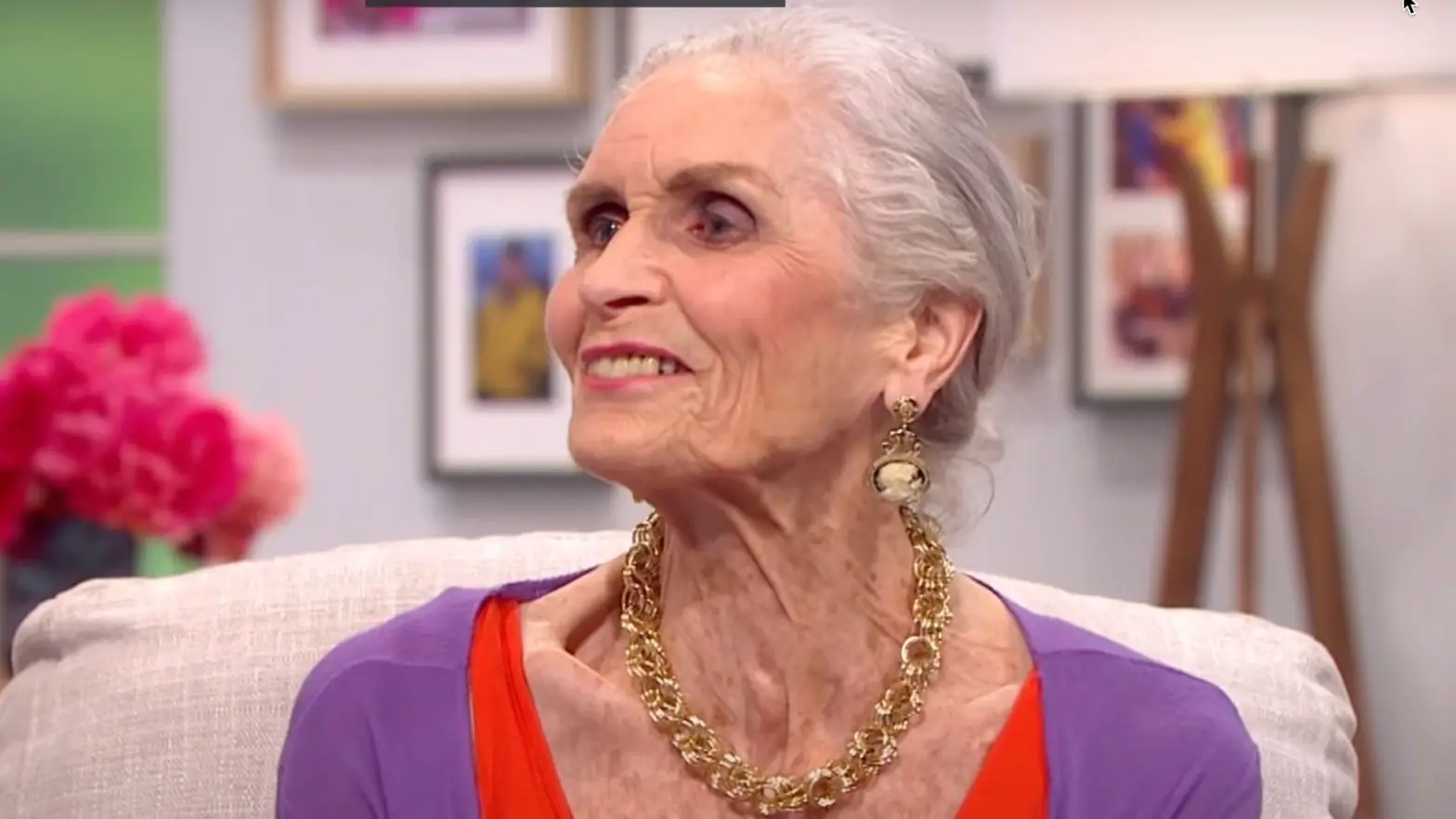- Shorter people live longer than tall people: findings from 12 studies
A new study has found that shorter men live about 2 years longer than taller men. It supports 12 other studies that shorter people live longer than taller people.
Professor Poulain, University of Louvain (Belgium) and Dr. Salaris, University of Cagliari (Italy), led a study to find out whether there’s a relationship between height and longevity among almost 500 males born between 1866 and 1915 in Sardinia, where people shorter than in the rest of Europe and tend to live longer.
In Sardinia, there are 14 municipalities that exhibit higher longevity compared to the rest of the island. In addition, as height declines in these municipalities, longevity increases.
The Sardinian research is consistent with a Spanish study, which tracked 1.3 million men through a 70-year period. It showed longevity increased with reduced height.
Similar results were found in an Ohio study by Professor Dennis Miller based on about 1700 men and women.
Samaras, a longevity researcher, found similar results based on baseball players, California veterans, football players, basketball players and famous people. Professor Krakauer also found that shorter elderly Swedish men and women live longer.
The researchers of this study noted that women are shorter than men and live longer in virtually all populations. However, Professor Miller found that when he compared men and women of the same height, their longevity was about the same. Contrary to what was expected, Poulain and Salaris found that men live as long as women in Villagrande.
A number of scientists have observed that within a species, the smaller individual tends to live longer than the bigger one. This is illustrated by smaller dogs who live longer than medium and large size dogs. Smaller mice, rats, ponies and monkeys generally live longer as well. The Asian elephant also lives longer than the larger African elephant.
The study also provides a number of biological mechanisms that explain why smaller bodies tend to live longer. These include lower DNA damage, greater cell replacement potential, higher heart pumping efficiency, decreased C-reactive protein and higher sex hormone binding globulin.
Salaris and Poulain reported that height is only one factor in how long anyone will live. It probably constitutes less than 10% of anyone’s longevity profile. Regardless of height, anyone can extend his or her longevity by healthful nutrition, low body weight, exercise, good medical care, a positive and happy spirit, and good social relations. Therefore, tall people have the potential to reach 100 years under the right conditions.
Read more: MedicalXpress.com

 ScienceDaily (Apr. 26, 2012) — Blueberries and strawberries, which are high in flavonoids, appear to reduce cognitive decline in older adults according to a new study recently published inAnnals of Neurology, a journal of the American Neurological Association and Child Neurology Society. The study results suggest that cognitive aging could be delayed by up to 2.5 years in elderly people who consume greater amounts of the flavonoid-rich berries.
ScienceDaily (Apr. 26, 2012) — Blueberries and strawberries, which are high in flavonoids, appear to reduce cognitive decline in older adults according to a new study recently published inAnnals of Neurology, a journal of the American Neurological Association and Child Neurology Society. The study results suggest that cognitive aging could be delayed by up to 2.5 years in elderly people who consume greater amounts of the flavonoid-rich berries. I was having lunch with a friend the other day and as we were going our separate ways we loosely started organizing a party. We spoke about where it should be held and I said “Yes! We’ll have it as his place because he’s got that great balcony and he has a…”
I was having lunch with a friend the other day and as we were going our separate ways we loosely started organizing a party. We spoke about where it should be held and I said “Yes! We’ll have it as his place because he’s got that great balcony and he has a…” A 41-patient study in the journal
A 41-patient study in the journal 
